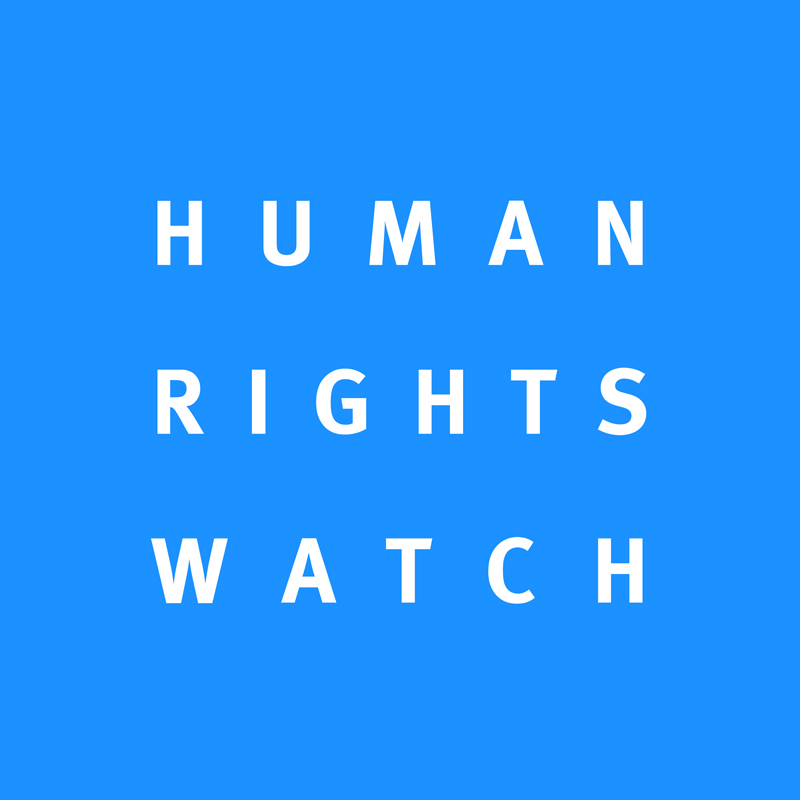
KUWAIT: Human Rights Watch charged Kuwaiti authorities of using legislations to restrict free speech and stifle political dissent, while also failing to provide adequate protection to migrant workers despite recent reforms. On the other hand, the report praised Kuwait for allowing Human Rights Watch access to the country "unlike many of its Gulf neighbors", noting that Kuwait engaged in dialogue with the organization on a range of human rights issues during a 2019 visit by the rights watchdog.
In its World Report 2020 published recently and detailing events recorded in 2019, Human Rights Watch shed light on the plight of stateless people or 'bedoons', saying that they "continue to remain in legal limbo while the government addresses this longstanding issue largely through abuse and coercion."
"In July, Kuwait's State Security agency arrested at least 14 activists from the bedoons community after they organized a peaceful sit-in at Al-Hurriya Square in Jahra in response to the death of Ayed Hamad Moudath," the report points out. "Moudath, 20, died by suicide on July 7 after the government reportedly denied him civil documentation. More than a dozen jailed activists began a hunger strike on August 22 to protest violations against themselves and the bedoons community."
One of last year's key events highlighted in the report happened on Oct 23 when "authorities arrested Fahd Al-Khannah, a former lawmaker, after he returned to Kuwait from Turkey". Khannah was among 16 people convicted by the court of cassation in July 2018 and sentenced to two to three-and-a-half years in prison with labor over storming the parliament and calling for the country's prime minister to resign during a 2011 protest. On Nov 5, Khannah was released from detention with an Amiri pardon.
In its review of the situation of migrant workers in Kuwait, the report points out the Philippines' temporary ban on Filipinos seeking to migrate to Kuwait for work issued in January 2018 in the aftermath of reported deaths of domestic workers in the country. The ban was lifted in May 2018 after both countries agreed on additional legal protections for Filipino workers in Kuwait.
"Since then, local media reported at least one case, in May 2019, where an employer allegedly sexually assaulted and beat a Filipina domestic migrant worker to death," the report reads. It also indicates that a domestic workers' law that was passed in parliament in 2015 remains largely inactive due to its failure to "set out enforcement mechanisms".
Meanwhile, the report condemns Kuwait for returning eight Egyptian dissidents "despite the serious risk of torture and persecution they face in Egypt, claiming Egyptian authorities sought them for crimes they allegedly committed in Egypt as members of the Muslim Brotherhood". The report also argues that women still continue to face discrimination in Kuwait, while the law still falls short of providing protection against domestic violence.
"A 2015 law creating family courts in each governorate set up a national center to 'combat domestic violence', but requires the center to prioritize reconciliation over protection for domestic violence survivors. A draft domestic violence bill remained pending in parliament," the report reads.

